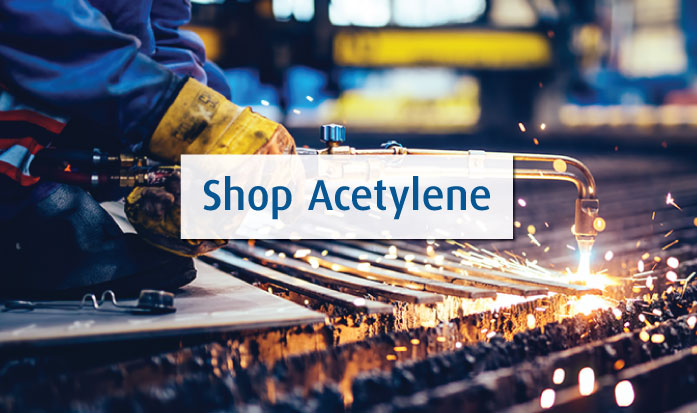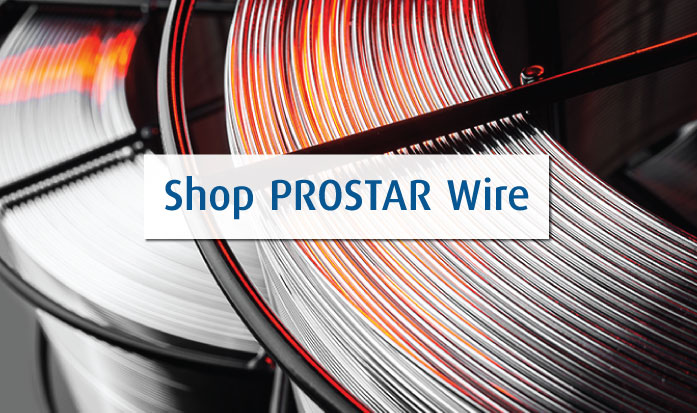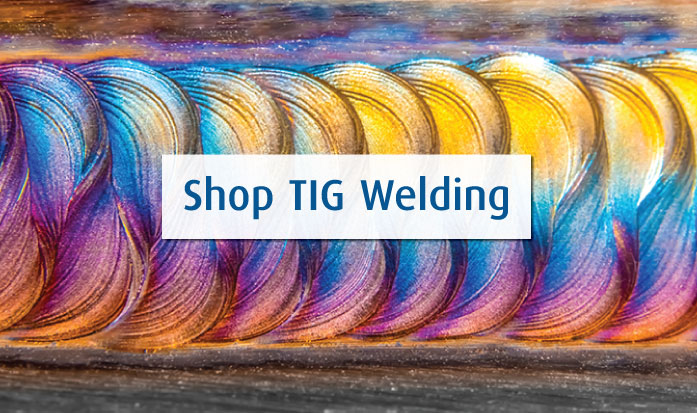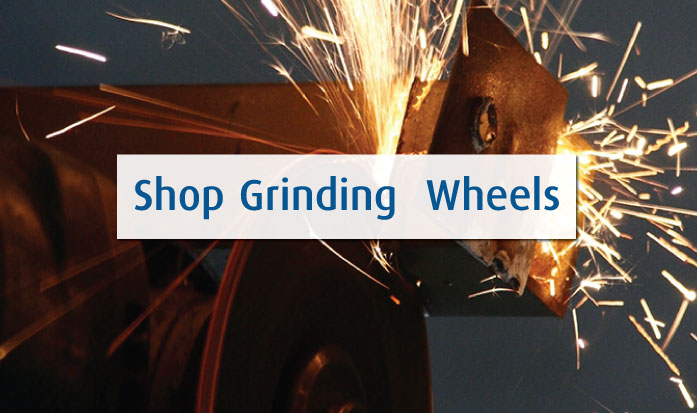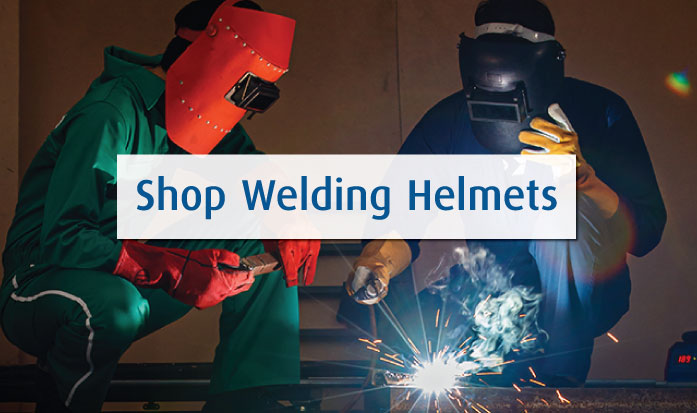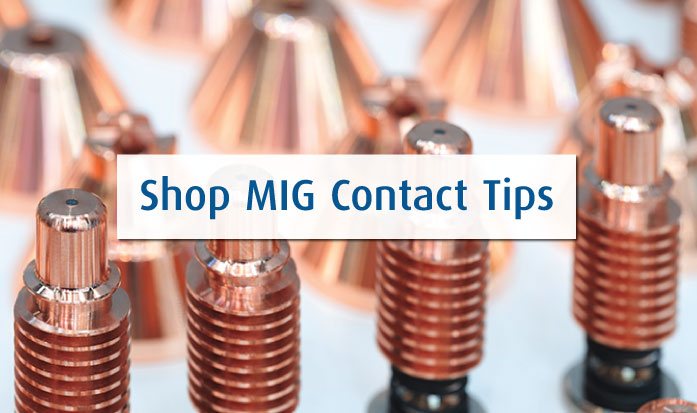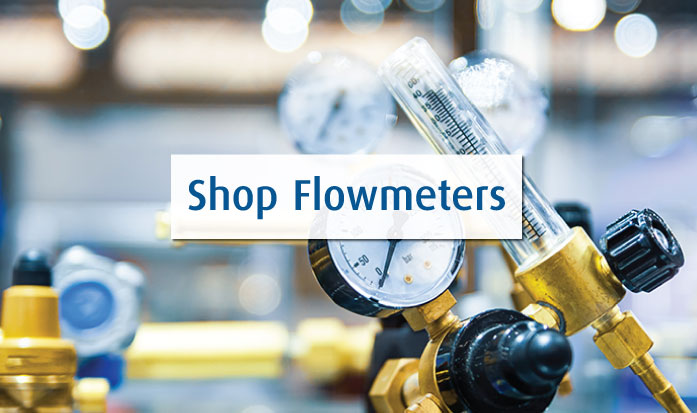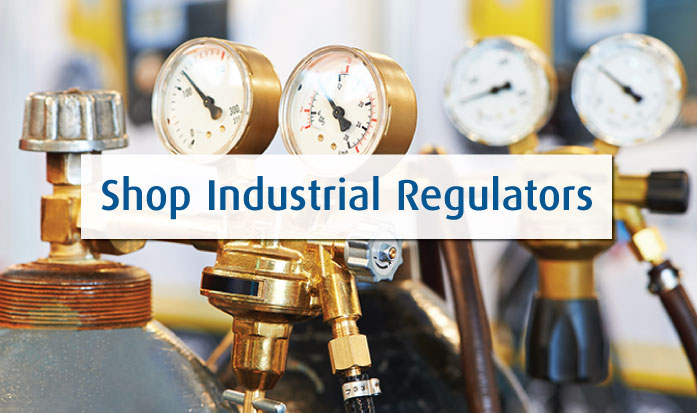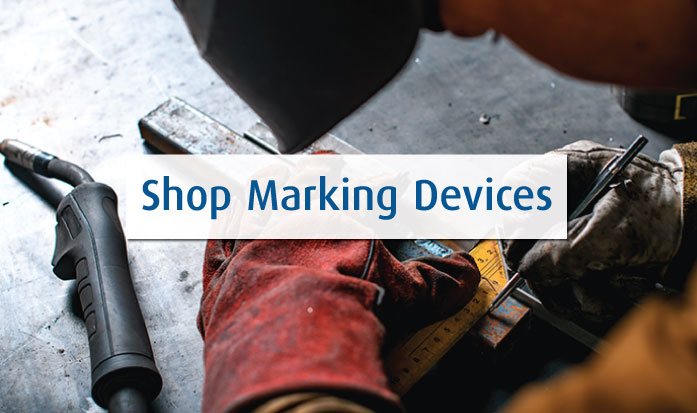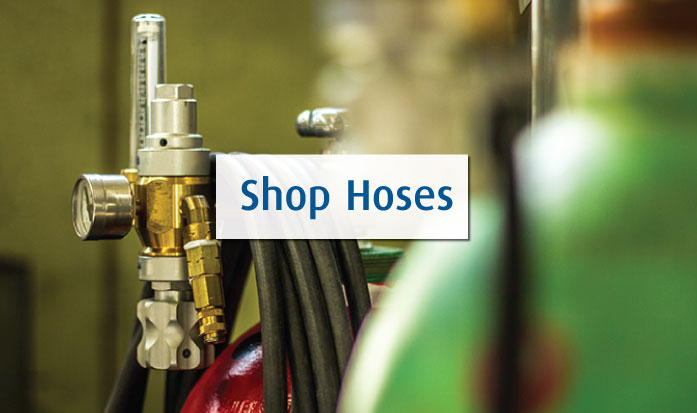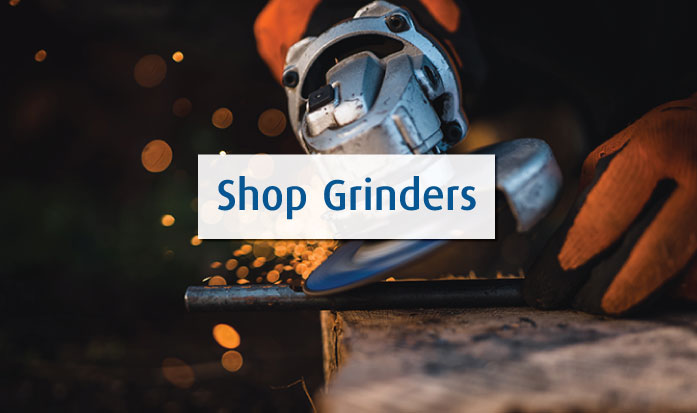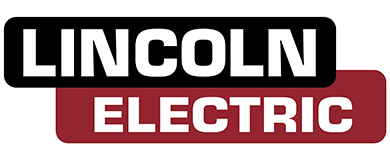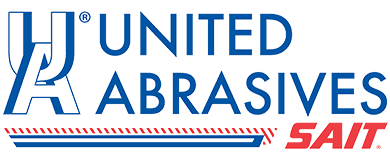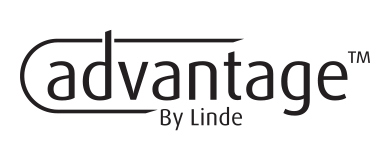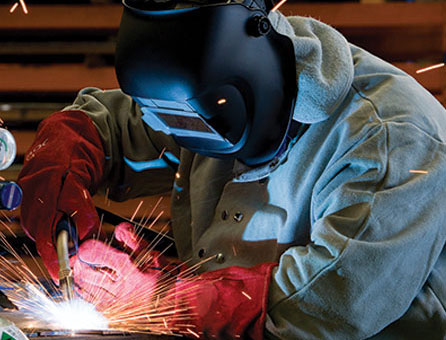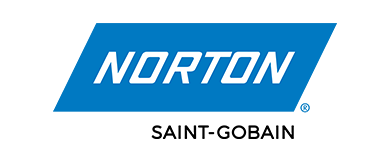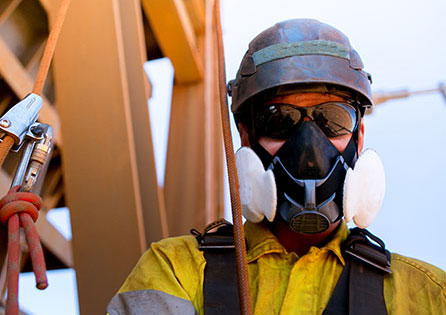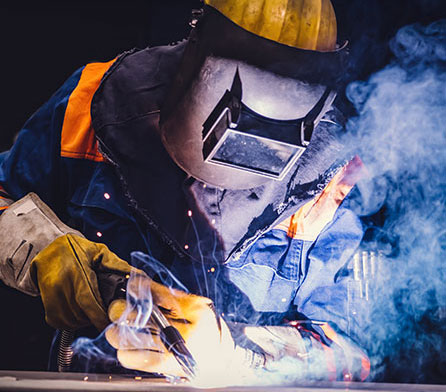6 Considerations for Buying Your First MIG Welder
MIG welding, or Metal Inert Gas welding, is one of the most commonly used welding processes for good reason: it’s fast, inexpensive, and welders can be easily trained to produce quality welds. With the proper setup and knowledge, even a small MIG welding machine can handle most repair and basic fabrication needs, such as fixing your kid’s bicycle to restoring an old car.
Whether you’re a beginner who’s just learning to weld or a hobbyist looking to take your projects to the next level, investing in your first MIG welder can be an overwhelming process. After doing a bit of research, you’ll likely find hundreds of different machine options – including different sizes, different amperages and different duty cycles, and you may not know where to start.
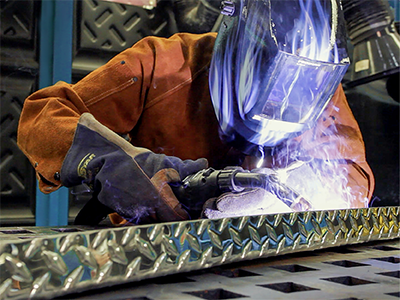
With these things in mind, here are six considerations to take into account when making your purchasing decision.
1. Understanding Your Needs
The MIG welder you choose will depend on your welding objectives. You may need it for repairing auto parts, bicycles, boats or perhaps you need a machine for various household tasks. Whatever your objectives, you will need to be aware of the typical thickness of the parts to be welded as they will greatly influence the welder you choose.
2. Welding Amperage
After identifying what your needs are, consider your power requirements. The MIG welder you buy should have enough amperage to accomplish the tasks you plan to do, and it’s best to purchase a machine with at least a little more power than you think you will need. Buying a MIG welder that doesn’t provide enough power for your tasks can slow you down and complicate projects.
3. Input Power Voltage
The voltage is the power your welder draws from your current outlet. If you’re working with small DIY projects or amateur home repair jobs, a 115 V machine will be a good fit, as it can be plugged into the usual domestic socket. But if you’re planning on working with bigger projects or working in an industrial setting, you will need something like a 220 V machine and an available socket to power it. Don’t forget that 220 V outlets come in a number of configurations and that you will need the correct matching plug installed on your machine’s input power cable.
4. Duty Cycle
The duty cycle of a welder is important when welding thicker material. It refers to the continuous running time, out of ten minutes, of the welder before it reaches its peak temperature. For example, a 40% duty cycle means you can weld for 4 minutes continuously before the welder overheats and needs 6 minutes to cool off.
It’s important to note that the duty cycle will change at different amperages. At a higher amperage output, the machine will heat up more rapidly, and the duty cycle will reduce. At lower amperages, the duty cycle will increase.
5. Budget
Anything of good quality doesn’t come cheap, and the same holds true for welding machines. Don’t sacrifice quality for quantity. Determining your budget will help you find a welder that includes the specifications you need and excludes the ones you don’t need for your type of applications. You don’t want to waste your money on a welder with functions you probably won't use.
6. Portability
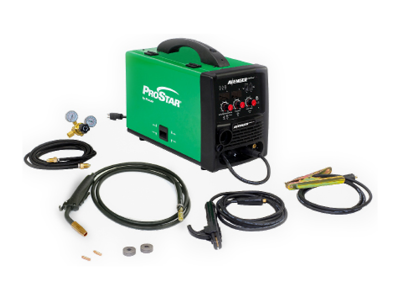
Where are you planning on using your welder? If you’re working in a welding shop or your personal garage where you don’t have to move the welder too often, you can go with a larger MIG welder. But if you’re planning on moving it around, it would be smarter to go with a compact, lightweight welder you can carry by hand. Large, bulky MIG welders will require a carrier to put it on and move around.
Linde Knows Welding
Linde provides welding equipment and accessories from the most popular manufacturers, as well as our own ProStar™ line of products. Our ProStar AVENGER 140 MP MIG Welder is a portable, multi-process welder – a great option for light fabrication, repairs, projects and hobbies. It is ready to weld mild steel and stainless steel out of the box and features an optional spool gun for welding aluminum. It is a great first machine as well as an effective, portable welder for experienced fabricators. For more tips on how to choose the right MIG welder for your application, and for more information on the MIG welders Linde offers, contact your local Linde representative or call 1-800-225-8247.
